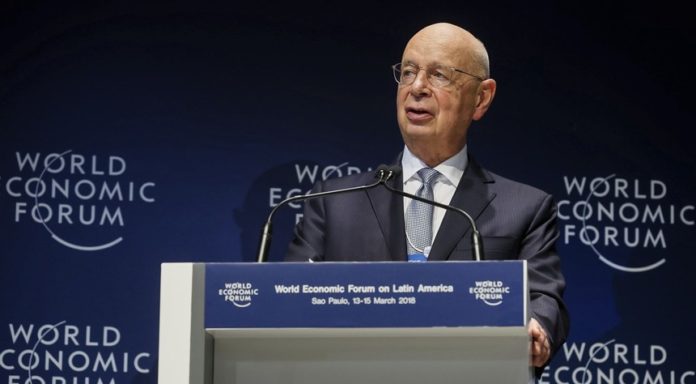Klaus Schwab, who founded the World Economic Forum in 1971, is the chief of the Forum. Every year, thousands of international leaders, diplomats, and experts from various fields gather in Davos, Switzerland to exchange ideas on how to best manage the world. Schwab, who opened the conference this year, said that the future was not only happening. We, a strong community like you, are building the future. We have the power to make the world a better place. Two conditions are required. The first is that we must act as stakeholders in larger communities. This means that we should not serve our own self-interest, but also the community. This is what we refer to as stakeholder responsibility. Second, we collaborate.
This is the call for action for elitists all over the globe. They create national and international order to control the citizens they claim to represent, and without any elections or accountability. Schwab has his own definition of stakeholder capitalism. He said that he had decided it himself. What percentage of people from diverse backgrounds were promoted and hired? How much progress has the company made in reducing its
greenhouse-gas emissions?
This extraordinary arrogance stems from a flawed view of the success of change within decentralized systems. Schwab admits that free markets have brought more prosperity than any other system in human history. Free markets aren’t a top-down mandate or a system that was created by conspiracy muckety-mucks. The result of centuries of evolution of societal progress was free markets: gradual recognition of the importance of private ownership as an incentive to work and innovation; gradual acceptance that individual rights are the only option to endless conflict; gradual acceptance that decentralized knowledge sources are more extensive and deeper than those centralized. Traditional institutions are the strongest and most durable because they, according to F.A. Hayek stated that they are “a result of cumulative growth without having ever been designed by any single mind.”
Schwab and his cohorts believe that such an evolutionary approach is the wrong one, and must be stopped. He and his rationalist friends — brilliant businessmen, ambitious politicians, striving bureaucrats, and myopic specialists — will end the world’s problems if we give them power. Or, perhaps, they will seize power for the sake of “stakeholders”, to whom they are never accountable.
The gap in the perceptions of the elitists about themselves is one of the greatest ironies of recent years. The elitists believe that their solutions failed because the citizens didn’t want to listen; the citizens see the failure of the elitists because their prescriptions weren’t well-founded. But the elitists will not relinquish their power and continue to pursue their utopian goals at the expense of those they claim to serve.










